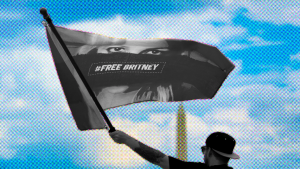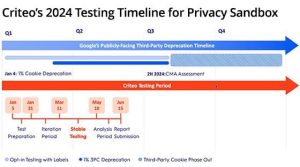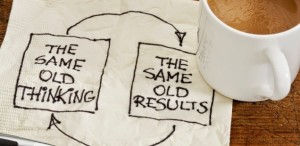Why giving shoppers an easy way to return items has become retail gold
Companies like Walmart and Optoro are building loyalty by improving the returns experience.
BY Yasmin Gagne
It seems counterintuitive: To sell more products, stores are focusing on the returns process. A quick and easy returns process can built consumer trust, and encourage people to shop more, safe in the knowledge that returning a product won’t be a problem. “When customers have a positive experience and aren’t worried about a difficult returns process, that drives customer loyalty,” says Matthew Quint, director of the Center on Global Brand Leadership at Columbia Business School.
Mega-retailer Walmart, which made Fast Company’s 2024 list of the Most Innovative Companies in retail, has been letting customers who sign up for the store’s Walmart+ loyalty program return items from their homes. Under the program, store associates will go to customers’ homes, pick and box up the unwanted item, process the return, and then take the product back to the store. The company has also used technology to detect and trigger an automatic refund when customers approach the store with items they want to return.
A seamless returns process can also help stores improve their inventory, and give loyal customers extra incentives to shop. Tech company Optoro, which works with retailers including Best Buy, Gap, and Steve Madden, launched Express Returns last year. The feature—similar to Walmart’s returns program—lets customers schedule at-home pickups for items they want to return. With the data from those returns, Optoro helps stores spot which of their products items are less likely to be returned—and to restock items that are returned more quickly. Last year, Gap was able to put 95% of all items returned via Optoro back up for sale the same day they are returned. The platform also helps retailers identify loyal customers and reward them with discounts to encourage more spending.
Systems like the easy returns process developed by Optoro can also encourage other customer behaviors. Resale has been a buzzword for the past decade as consumers look for ways to purchase secondhand clothing to lessen their effect on the environment. But it’s difficult to persuade consumers to adopt new habits. Archive, which launched in 2021 and works with more than 40 global brands including The North Face, Oscar de la Renta, and Diane Von Furstenberg, partnered with digital ID company Eon and clothing brand Pangaia last year to create the most seamless resale system yet. Customers can now just scan a QR code on Pangaia garments to make them immediately available for resale on the brand’s platform. Services like this have helped brands attract a new customer base—on average, 50% of resale customers are new to whatever brand they buy via Archive. Archive partnered with 22 new brands last year, including Maje and Hanna Andersson, and recently added New Balance to the list.

(11)







